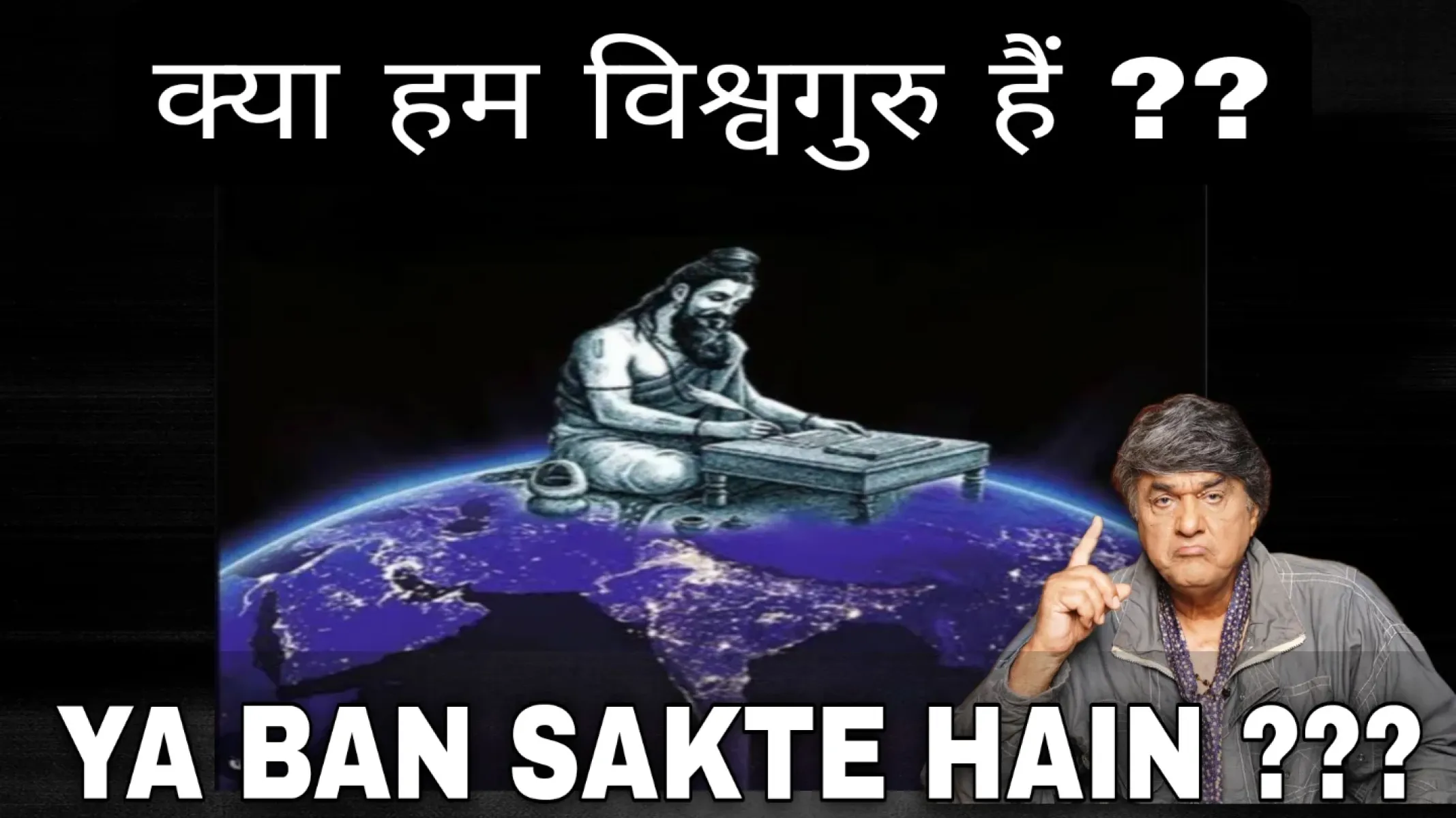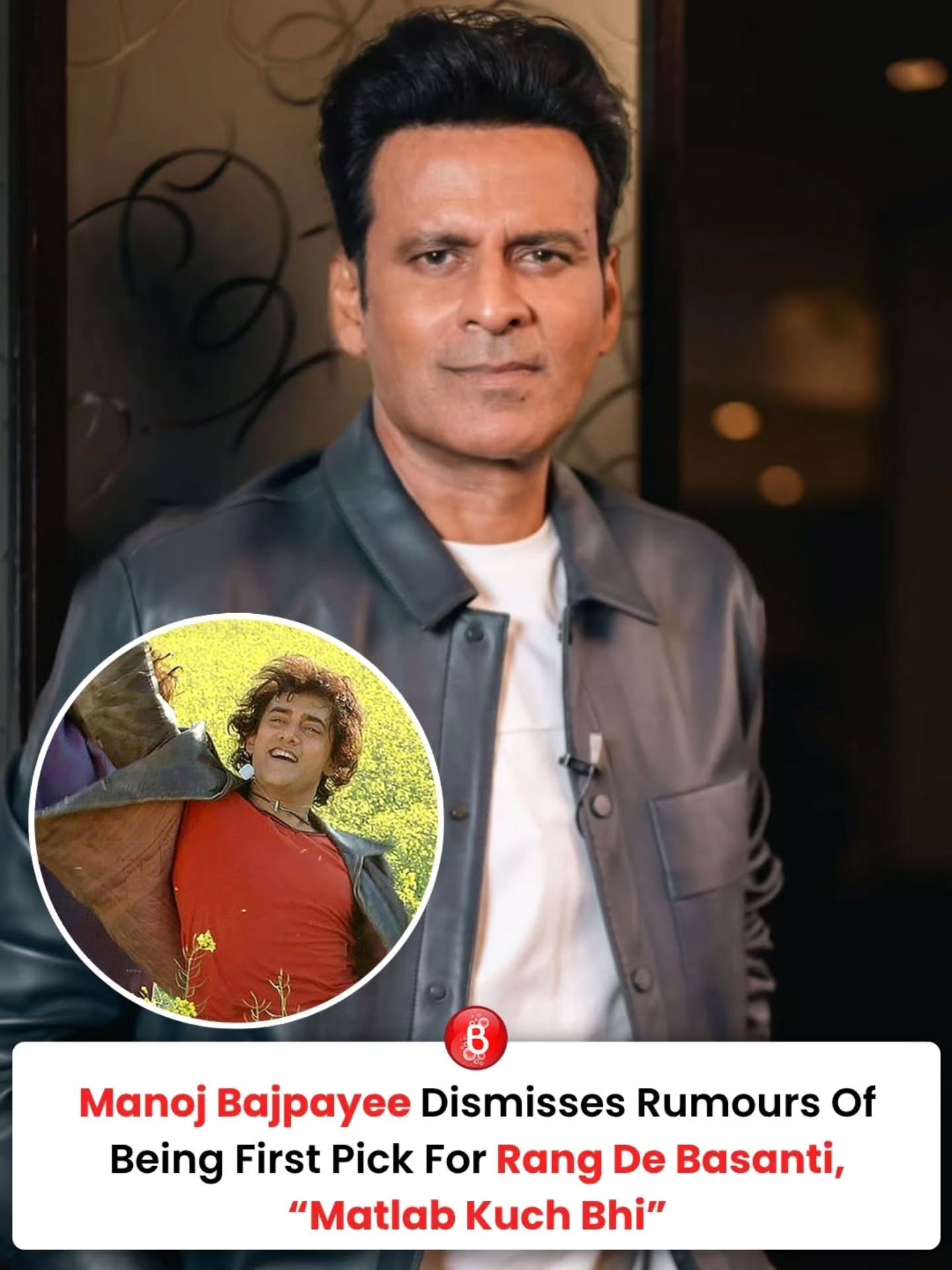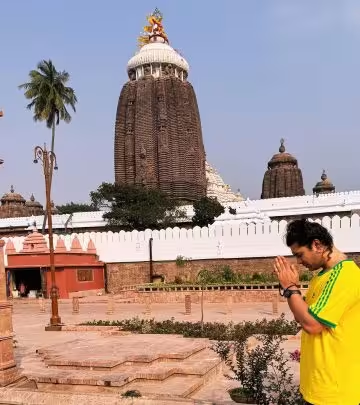India’s Quest For Greatness
Mukesh Khanna probes India's inequality, urging reforms to lift nation to greatness! ASAP!

Image: Instagram
In a stirring social commentary that has caught the attention of both fans and critics, renowned actor Mukesh Khanna has raised a provocative question: When will our country truly be great? In his recent video posted on Bheeshm International’s YouTube channel, Khanna revisits the long-held belief that India has always been a global guide (Vishv Guru) and contrasts it with today’s stark realities. His message resonates with many who have long been troubled by the widening gap between a handful of multi-billionaires and a vast majority striving to live below the poverty line.
A Legacy Tested By Time
Mukesh Khanna’s reflective narrative begins by recalling India’s illustrious past. His words, originally articulated in Hindi, remind us that the nation has traditionally been revered as a teacher to the world. However, he points out that there came a time when the reassuring claim of our national greatness was called into question. The rhetorical query, ‘Mera desh kab Mahan banega?’ (When will my country become great?), forms the crux of his analysis. This honest introspection underscores the discrepancy between historical pride and the current socio-economic challenges.
Khanna’s commentary is a call for introspection. The actor, whose career spans decades and who is best known for iconic roles that have inspired generations, now channels his public influence towards a more civic discussion. Drawing from his personal reflections, he emphasizes that the greatness of a country is measured not merely by its historical accolades or global reputation, but by the opportunities it extends to all its citizens.
Inequality And The Price Of Progress
A central theme in Khanna’s analysis is inequality. He stresses that despite India’s glorious past as a spiritual and intellectual beacon, the modern reality reveals a nation divided by socio-economic disparities. A few enjoy the luxuries that come with multi-billion-dollar fortunes while the vast majority continue to struggle beneath the poverty line. This sharp contrast, according to Khanna, not only undermines the nation’s claim to greatness but also challenges its moral and ethical foundations.
The actor leaves no stone unturned by questioning what factors have contributed to this paradox. In his detailed video analysis, he outlines a series of ten reforms that he believes are essential for changing this narrative. While he does not list each reform explicitly in his brief social media post, his message implies a roadmap for progress. His approach is both heartfelt and analytical—a blend that invites audiences, policymakers, and citizens alike to reflect on what a great nation should look like in the 21st century.
The Roadmap To Reformation
Khanna’s narrative is more than just a critique. It is an invitation to action. He proposes that by implementing these critical reforms, India can start addressing issues of disparity, corruption, and inefficient governance. His bold statement challenges every citizen to participate in a national dialogue about progress and social justice. For many, his analysis serves as a clarion call for embracing both systemic change and individual responsibility.
In one of the accompanying Instagram posts (https://www.instagram.com/p/DLZqbW0BK-0/), Khanna’s compelling visual message reinforces his call to introspection. The image, a powerful visual representation of his concerns about the country’s current state, symbolizes the urgent need for a transformation—a transformation that will enable India to rise to the stature long celebrated in its history.
A Veteran’s Perspective On National Greatness
Drawing from his extensive career and his personal journey as a public figure, Khanna’s analysis is imbued with a depth of experience rarely seen in typical political discourses. From his early days in the industry—with roles that have both entertained and inspired—to his current status as a respected commentator on social issues, Khanna’s evolution reflects a broader narrative. It is a narrative of change, of learning from past glories, and of addressing modern challenges head-on.
Khanna’s thoughts echo the concerns of many Indians who feel the sting of inequality. His commentary not only spotlights the issues but dares the nation to consider what it must do to reclaim its revered position on the global stage. The full video, available exclusively on the Bheeshm International YouTube channel, details these observations and suggests that only with bold reforms can any nation dispel the lingering doubts about its greatness.
Beyond the heated debates of politics and policy, Mukesh Khanna’s message is fundamentally human. It is a reminder that a country’s strength is ultimately measured by the welfare of its people. As he succinctly puts it, the question is no longer about maintaining a prestigious title from the past. Rather, it is about shaping a future where every citizen has the opportunity to share in that greatness.
In a final appeal, Khanna invites his audience to listen and reflect, stating, “Chaliye aap bhi sun lijiye!” (Come, listen as well!) His challenge is clear: the transformation of India into a truly great nation depends on the collective will to implement change and uplift the lives of its most vulnerable.
This incisive analysis by Mukesh Khanna serves as a reminder that greatness is not a static label. It is a continuous endeavor—one that requires honest self-assessment and bold action. As the nation grapples with its identity and its future, voices like Khanna’s pave the way for conversations that are as necessary as they are inspired.
While the debates around economic growth and social progress continue, Khanna’s reflective call pushes us to ask: What more must be done for India to live up to its storied legacy? His message leaves the question lingering in the air, urging all stakeholders to embark on the difficult, yet indispensable, process of reformation.
Read full bio of Cynthia Jean Daniel
























